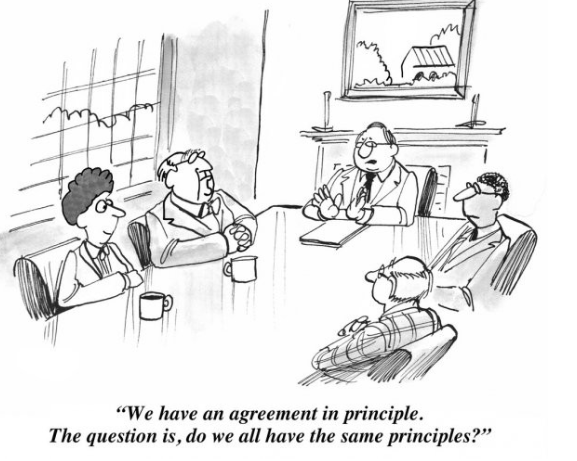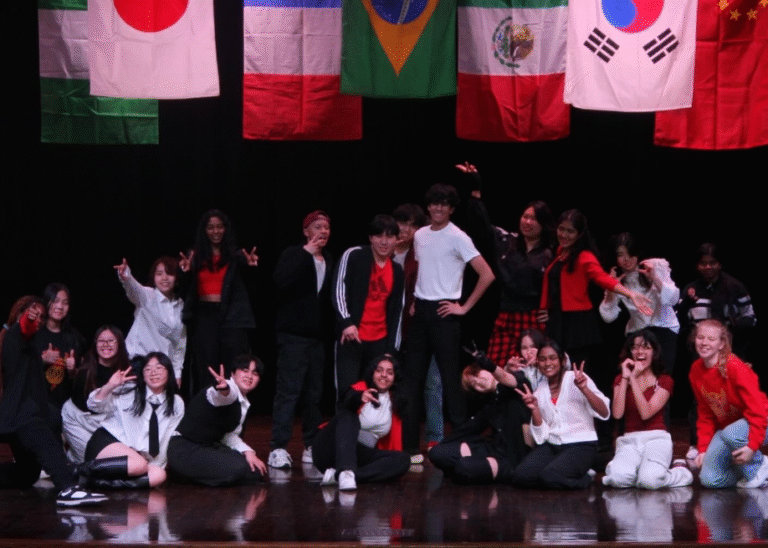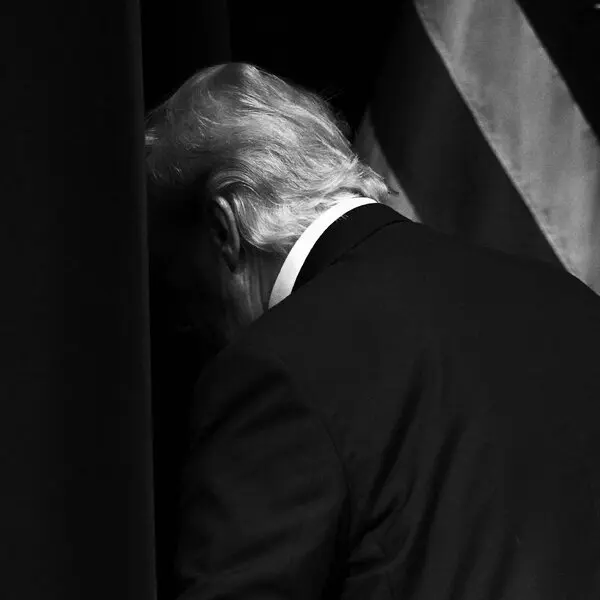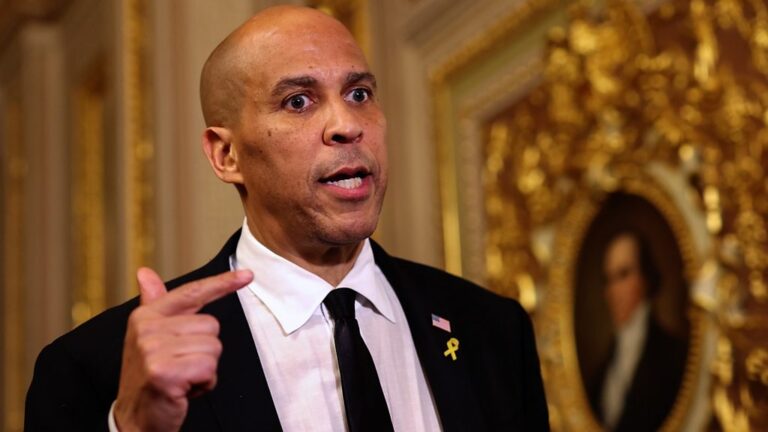Courtesy of the New York Times
By Hank Bartholomew
During a tumultuous first few months in office, forty-seventh president Donald Trump has demonstrated, in no uncertain terms, that he is willing to push the powers of the presidency to their limits. With the backing of both Congress and the Supreme Court behind him, Trump has taken unprecedented actions that can be seen as a necessary exertion of power for the greater good, or an overreach of executive influence, depending on who you ask. Regardless, what is clear is that America’s Commander-in-Chief is testing–and thus expanding– the powers of the president. It is a move that contradicts the very philosophies of the party to which he belongs to (or, perhaps more accurately, the party that belongs to him). By expanding the power of the executive branch, Donald Trump is doing away with one of the primary ideologies of the American Republican party, and thus causing great upheaval throughout the political landscape.
If one were to visit the GOP official website, or read any of the flyers from their 2024 national convention in Milwaukee, they will experience a wave of rhetoric preaching the significance of individual and personal rights, as well as lamenting the power and overbearing nature of a then-Democrat-led government. This is no surprise. Since the mid-twentieth century, the modern American Republican party has been a champion of individual and state rights. Access to firearms. Limited federal government economic intervention. Leaving abortion up to the states. All policies stemming from a philosophy of limited government influence. This is the persona the GOP has carefully crafted: that of a group of people seeking to protect tradition and defend voters from power-hungry, socialist leftists. On the other side, Democrats have employed similar tactics, portraying themselves as advocates of a system that will truly care for the people and protect them from lawlessness. Like it or not, these are – or perhaps were – the identities of our two political parties. Democrats favor a strong central government, and Republicans are against it.
Only now, it’s not so clear if that’s true. In his rush to implement his agenda, Trump may have forgotten core tenants of the party that he has come to be the face of, and that got him into office. He has become, at least by one metric, the antithesis of his party.
A plethora of evidence for this theory can be found in Trump’s actions during his second term. Since January 20th, Donald Trump has pushed the powers of the federal government, straining against both historical precedents and pre-existing legislation.
To begin, consider Trump’s heavy focus on and targeting of American culture and society. While within the discretion of a president, America’s leaders have generally shied away from action regarding non-legal customs. Although there have been exceptions, such decisions are generally left up to community and local leaders. But from the moment he took office – perhaps even before – Trump has made it his mission to wage war on what he describes as “woke culture.” He has been behind many forays and intrusions into daily life, be it his banning of transgender athletes, his crusades against Diversity, Equity, and Inclusion efforts, or even telling colleges such as Columbia University what they could and couldn’t teach their students.
These are large, blatant intrusions into American culture and life, and they are incredibly characteristic of the modern conservative party. Rather than reigning in the federal government, Trump has pushed its influence into new fields and areas, expanding his legal authority into largely unbothered regions. While his authority to do so is still being decided in the courts, these actions nonetheless represent a philosophical change in the principles of the GOP.
Next, examine the President’s economic policies since he came to once again occupy 1600 Pennsylvania Avenue. Trump has launched scores of tariffs at rival nations, as well as many historical allies. The economic ripples – or rather, waves – from these actions are already being felt. In essence, Trump and his tariffs have almost complete control over the American economy and its health. Trump has directly interfered in the economy, even going so far as to target specific industries.
Compare these aforementioned policies to those of past conservative leaders. Ronald Reagan, during his two terms as President, maintained a largely hands-off economic policy in which he tried to distance the government and the economy from each other as much as possible. For the most part, Reagan maintained a Laissez-Faire economic strategy, in which he allowed businesses to do as they saw fit, with limited government interference.
I mention Reagan’s policies only to illustrate their distinctiveness from Trump’s. Reagan followed the traditional format and philosophy of the Republican party, seeking to limit the power of the federal government and prevent intrusion into daily life. Trump, alternately, has taken strict control of the economy, using his legal and political power to control America’s financial state.
Furthermore, it is worth noting Trump’s recent attempts to reform what he has dubbed “election security.” While in office, Trump has passed orders and legislation that have called for new guidelines on the voting process, such as a passport or similar document of citizenship in order to vote. Yet legal historians generally allege that such action is outside the scope of the President’s power. How elections are run generally falls to Congress, meaning that Trump may be pushing the powers of the Oval Office without the legal authority to do so.
As the face of a party allegedly dedicated to preventing the oppressive federal government from enforcing intrusive laws that limit the legal rights and freedoms of the American people, Trump’s new election laws are a direct contradiction of his party’s guidelines. Historically – and presumably, currently – Republicans have sought to limit federal interference into political processes. But with Trump at the helm, perhaps the conservative ship is sailing for different ideological waters.
Perhaps it is the changing of the guard for the GOP. Familiar leaders like Mitch McConell and Charles Grassely are growing older and stepping aside, and younger, more far-right lawmakers are emerging. Maybe Trump’s policy reversal is a sort of rejection of tradition within the conservative party. Or perhaps it’s just Trump. He has made a political career out of doing whatever he believes to be best, and throwing caution, expert advice, and tradition to the wind. His dominance within his party and cult of personality have given him an air of impenetrability, so perhaps it is no surprise that he no longer feels the need to follow the historical guidelines of his party.
Whatever the catalyst may have been, Trump has directly and openly rejected one of the core tenants of the conservative philosophy. He has, in some ways, become a sort of lesser dictator, transforming into what he has pledged to fight and destroy. And as the undisputed leader of the GOP, the party Trump is attached to will likely follow him, be it of their own accord or not. For better or for worse, Donald Trump is reshaping what it means to be a conservative in America.









